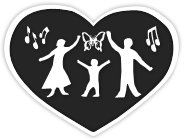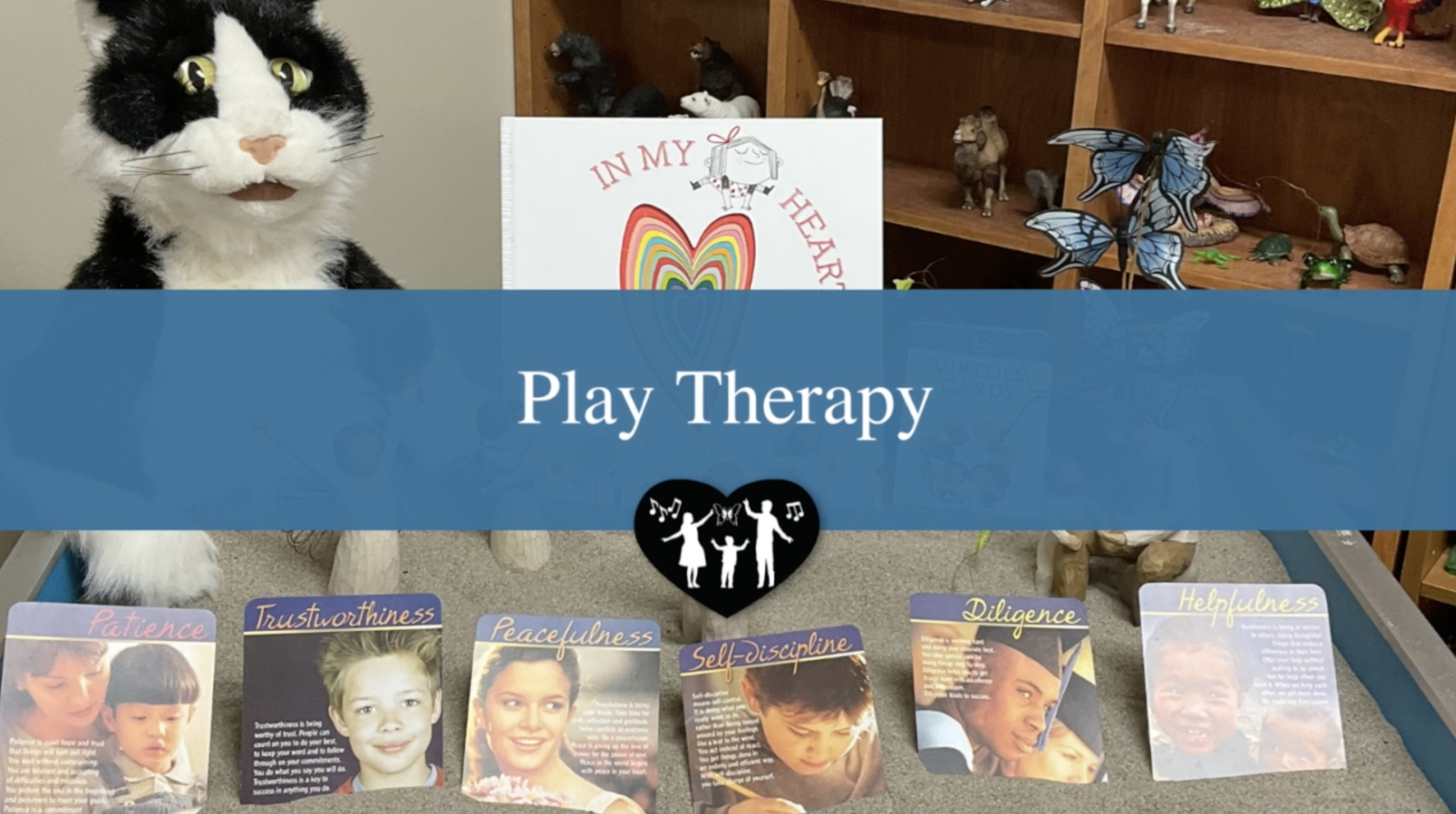Play Therapy, Arts, and Movement Help Children Open Up
What is Play Therapy?
“Play therapy differs from regular play in that the therapist helps children to address and resolve their own problems. Play therapy builds on the natural way that children learn about themselves and their relationships in the world around them. Through play therapy, children learn to communicate with others, express feelings, modify behavior, develop problem-solving skills, and learn a variety of ways of relating to others. Play provides a safe psychological distance from their problems and allows expression of thoughts and feelings appropriate to their development.” (from the Association for Play Therapy)
Children love to come to therapy with Kim because it doesn’t feel like therapy!
Kim McMillin specializes in working with children with developmental needs (including autism spectrum issues) as well as children struggling with anxiety, social skills, school issues, and depression. She provides child & family therapy and music therapy for children who need help learning to communicate, relate with others, and express their feelings and thoughts in a safe, non-judgmental setting.
Philosophy & School Advocacy
Philosophy: Family and Community are Vital to the Process
It takes a community to raise children; they need both roots and wings. Kim often involves the family in therapy sessions, knowing that a vital element of therapeutic success is practicing new-found skills at home. Therapeutic results go further and last longer when the whole family is on board and working together outside of formal session. Kim shows families practical ways to continue therapy gains at home and school.
School Advocacy, IEPs, Health Team Collaboration
A child’s therapy success is closely tied to their health team’s ability to communicate and coordinate. Kim is available to attend IEP meetings and stays in close communication with those on the child’s health team.
Treatment Options
- Therapy in the office, no collaboration with school team
- Therapy in the office with collaboration with School/Medical team via phone or Zoom
- Therapy in office with family therapy and play therapy

Tools for Success:
- Social skills training through groups, music, art, movement
- Focus on finding your child’s strengths. Help family, friends and school resources to help the child to use those strengths in daily life.
- Fun, creative, playful, grounded in practical application to daily life.
- Connection to community and family resources to sustain success long term.
- Quarterly parent meetings to establish home goals and therapy goals. Review and renew as needed.

Kim McMillin
Ready to get started? Start here.


